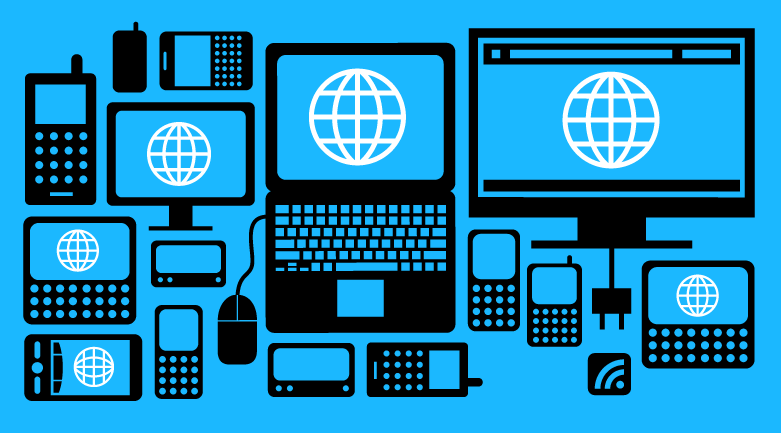Net neutrality, also known as ‘open internet’, is a principle that says that Internet service providers must give users access to content on an equal basis, prohibiting the delivery of premium or native content on a faster basis than, say, a competitor’s content.
In early 2015, the Federal Communications Commission voted to approve a new set of net neutrality rules aimed at giving the FCC regulatory power over the Internet, essentially classifying it as a public utility. In June 2016, a federal appeals court upheld the FCC’s new rules.
So how does net neutrality apply to you? I’m glad you asked. Here’s an example. Comcast owns Xfinity, a cable provider network. Comcast also NBCUniversal, a content generation network. Without net neutrality regulation, Comcast could theoretically stream content (news, video, movies) from NBC affiliates faster and at a higher quality than competitors such as CBS or FOX. With the Internet now classified as a public utility and under the watchful eye of the FCC, Comcast is forbidden to provide preferential treatment to any particular content. In other words, they have to stream The Big Bang Theory as fast as Blacklist.
But are the net neutrality rules really as great as they seem? There is quite the debate brewing from people who support the rules, people who oppose the rules, and people who have an entirely different idea about what the problem is.
Proponents of the new rules say that FCC oversight is the only way to keep Internet service providers in check. Through federal rules and regulators, the big carriers (AT&T, Verizon, Comcast, Cox, and Time Warner) will not be able to manipulate content, data, or speed, in effect ‘censoring’ the content received by their customers. Net neutrality, they say, is the only way that an entrepreneur’s fledgling company can compete and succeed against an established corporation. Barack Obama hailed the FCC rules and the appeals court’s ruling saying the decision “will protect innovation and create a level playing field for the next generation of entrepreneurs”.
Opponents of the new rules argue, however, that the new rules give unnecessary and dangerous power to the federal government. “The decision ratifies the FCC’s decades-long transformation from economic regulator to social regulator” says National Review magazine, “and, if not reversed, will do lasting damage to U.S. technology and to free speech.” The argument states that an agency with the power to monitor and control the distributors of speech can also shape the message being distributed. And while proponents say that the rules will “protect innovation”, opponents say that many content distributors will have to divert funds from new services and innovation to attorneys and legal activity to fend off regulatory intrusions.
The third group ignores the federal government’s involvement in the situation and comes from another angle… competition. Their basic argument is that government has sanctioned public utility monopolies, then uses regulatory power to pull the monopoly under their oversight. In the world of ISPs (and there are very few as I listed above), many of the large content providers (i.e. Google, Facebook, Netflix) have embedded themselves into the ISP delivery network through dedicated routers and servers, thus giving them an inherent advantage because they don’t rely on the internet backbone for content transmission. Because of this legal practice, the net is already not neutral, so why, this third group asks, are we trying to regulate neutrality? Instead, they say that we should find ways to increase competition among the ISPs. If Comcast and AT&T had to compete for customers, innovation would increase, prices would decrease, and the net neutrality issue would be null. If the “last-mile of cable connection”, the wire that connected our homes to the network grid, were available to all competitors, we would have more ISPs in more geographical areas. If Comcast started to throttle Netflix, customers could simply switch to Verizon. “In the present situation, the debate is misdirected,” says Seth Johnson, an open network activist.
What are your thoughts on this debate? Are you for the net neutrality rules and FCC oversight? Do you think that the new rules are a federal government overreach? Or perhaps you side with the third group, that the debate is misdirected and the real issue is monopolization of the Internet?
Sources:





0 Comments